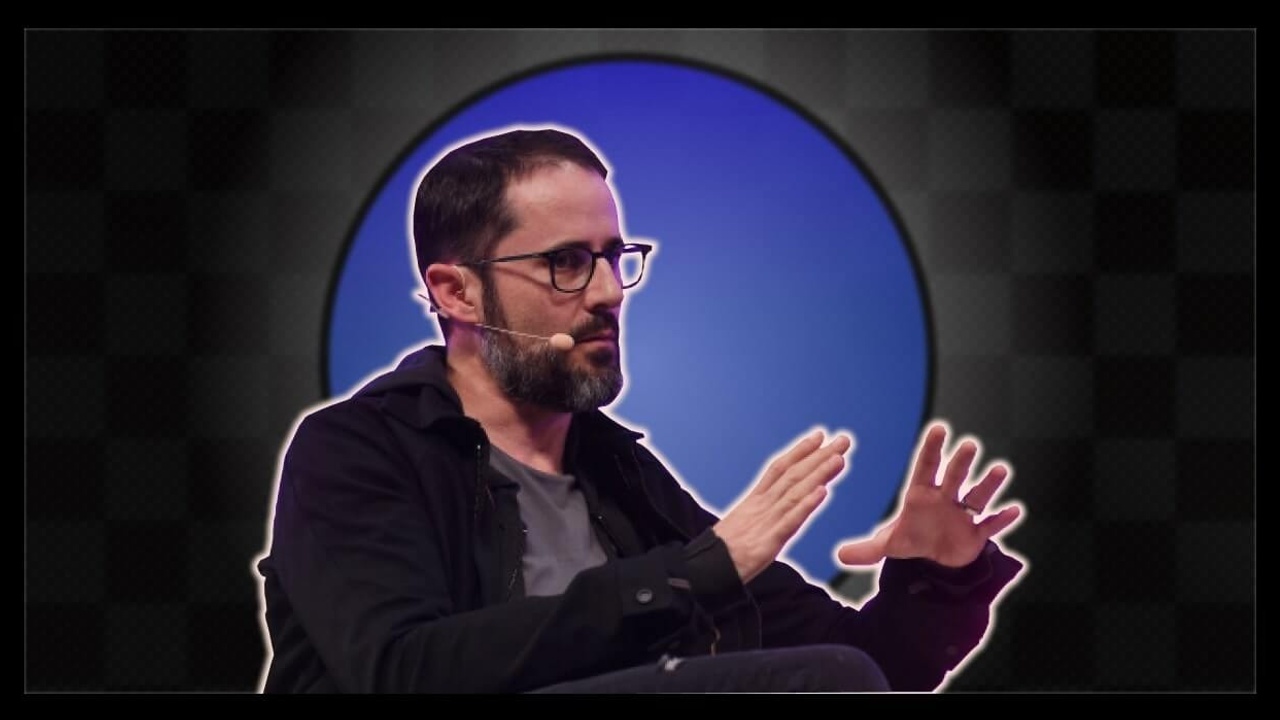Twitter Co-Founder Ev Williams Believes All Startup Advice Is Wrong
Sep 22, 2020
It is an understatement to say Ev Williams has had a massive impact on the way we use the web. The word “blog” itself was popularised by one of his early startups Blogger.com in 1999.
What’s remarkable about this billionaire is he has continued to redefine the blogging world with each new venture. After Blogger, he co-founded Twitter with its unique character limit for microblogging. He left and took a radical shift to create Medium with a laser focus on quality. His ventures have given a voice to hundreds of millions of people online and helped the rapid spread of information across the world.
Yet he famously declared “the internet is broken” because often the most controversial content gets the most attention. Many hopeful founders look up to Ev in search of advice but his views on such advice are surprising:
1) It’s likely wrong (in general).
2) It’s definitely wrong for someone (maybe you).
— Ev Williams
As a regular entrepreneurship writer, I found I completely agree with his stance. He still believes you should keep reading startup advice even though it’s wrong. I will present the reasons why through this article.
Why is it wrong?
Deep down we know we can’t possibly apply everything we read and often even if we could, we shouldn’t.
If a person or company is successful, it doesn’t mean they know what the key factors in their success really were. Steve Jobs and Elon Musk are idolized but are Apple and Tesla booming because of some of their bizarre methods or despite them? Some founders take on a persona and believe in their own hype detached from reality. There are polar opposite approaches from different founders so it’s difficult to know who you should follow.
As Ev says, “companies are not built in a lab” and all actions intermix with a thousand other variables. Certain advice may work in specific scenarios but be the worst course of action in another. If all the tips online were so sure to make everyone billionaires then everyone would be billionaires already. It is ignoring reality to blame people without success as unable to follow advice.
Read to be inspired
“Reading about success doesn’t make you successful, but it does tend to make you want to be successful.” — Ev Williams
This year hundreds of thousands of people have read my writing but I only started because others inspired me. In hindsight, I can say most of the advice I read before starting was misinformed. Despite this, it was still important to get me to where I am today.
The same is true for startup advice as it is scary to jump into the unknown and launch your own company. Most education steers people toward the safe option of a “normal” 9–5 job. Online stories help normalize taking risks and lift us over the mental obstacles we put in our way. While it’s true many startups fail, many startups don’t and give their founders more fulfilled lives.
Many entrepreneurs are everyday people like you and me. They may need to overcome unsupportive friends and family like Niki Mahon, the founder of NikitaByNiki. She found solace in the success of others and now runs a podcast to encourage others to take the leap. Henry Milroy, founder of Pan-N-Ice was obsessed with reading founder stories before creating the world’s largest ice cream roll brand.
Entrepreneur stories can instill the self-confidence in you to chase your dreams.
Ideas can transform your outlook
Maybe 99 out of the 100 articles you read won’t give you an idea you can use. But if that final article gives you a killer idea which transforms your business it will have been worth it.
A piece could be completely wrong about why their company thrived but it’s not always important. The idea could send light bulbs pinging in your brain about how it would work for you in your specific circumstances. You could transform it into your own concept which outshines the original. It’s often said the best way to learn is from failure yet it doesn’t need to be your own failures you learn from.
“You should always be trying lots of things and getting ideas from everywhere.” — Ev Williams
I’m a big fan of Stuart Koffman’s concept of the “adjacent possible”. Game-changing innovation can come from taking a standard idea in one industry and applying it somewhere new. Take Henry Ford visiting a slaughterhouse and observing its assembly line. How much has the world changed because Henry took this concept to car factories?
Luckily, you don’t have to visit a slaughterhouse as this is all available at your fingertips today.
So most online entrepreneurship advice might be wrong yet it can still add value to your journey. The inspiration can push you over the tipping point and do what you truly love. The ideas could be the spark that takes your business to the next level. All you need is to find what resonates with you and your company and discard the rest.

